Why do we yawn?
To start with, let us first know, what is a yawn!
Well. Yawning is an involuntary action where the mouth opens up, and the lungs are re-filled with air. It is a natural response to fatigue. In reality, tiredness is the most common cause of yawning. Often, yawns are shorter. But some persist for several seconds, followed by an open-mouthed exhale. Phenomena such as watery eyes, stretching, or audible sighs may follow yawn. Researchers are not 100 per cent sure why people yawn, but exhaustion and boredom are two common causes. When people talk about yawning or see someone else yawn, they tend to yawn.
According to a study published in the International Journal of Applied and Basic Medical Research dated 2013, yawning helps cool the brain’s temperature. Yawns reoccurring more than once per minute is called excessive yawning. Excessive yawning often connects with drowsiness or bored feelings. But it could also signal a medical issue.
Causes of yawning
The exact yawn causes are yet undiscovered. But, some of the most prominent ones are:
1. Sleep Problems
Tiredness or fatigue is one of the causes of yawning. When people face trouble sleeping, they can find themselves yawning a lot. If you’re constantly tired or sleepy during the day or have a sleep disorder, seek medical assistance to get over such problems.
A person may often be unaware of their sleep issues. Patients with obstructive sleep apnea, for example, may not have noticeable waking symptoms. But it impacts the quality of their sleep and can keep them tired throughout the day.
2. Anxiety
Another common cause of yawning is anxiety. Anxiety can often impact the heart, lungs, and energy levels. All of these things can make you feel out of breath, yawn, and stressed.
3. Medication
People can yawn more if they take certain medications. Fatigue is a common side effect caused by many drugs. Some everyday medications that often cause yawning are Antidepressants & Pain relief medications.
4. Depression
Depression can cause yawning as a result of antidepressant side effects. If a person with depression status frequently yawns, they should consult a physician, who can change the doses or examine for any other causes.
Ways to STOP Yawning
1. Inhale
Try deep breathing exercises through your nose if you find yourself yawning excessively. Your body may require extra oxygen. In a 2007 study, researchers discovered that nasal breathing removes contagious yawning.
2. Be active
Breaking up a routine can also help your brain become more active. People tend to yawn more when tired, bored, or stressed. Excessive consumption of caffeine may also lead to yawning.
3. Relax yourself down
You can go for a walk or try to find a cool place. If you do not have time for this, drink cool water or eat a chilled snack, like fruit or baby carrots.
Treatments
If a person is yawning excessively, they should consult their doctor to know what is causing it.
Following treatments are often used depending on the yawn reason:
- If the yawn reason is sleep, rework your sleeping cycle.
- When it is a side effect of medication, a doctor can lower/change the medicine.
- If it is a sign of a health condition, a physician can deliver specialized treatment.
- When caused due to depression, the practitioner will prescribe the best medication fitting the need.
Stay active by engaging yourself in physical activities to avoid yawning.
Share your views in the comments section below or ask your question to the Clinqon Health Experts HERE.
Stay Safe, Stay Responsible!!!




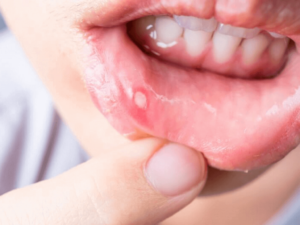

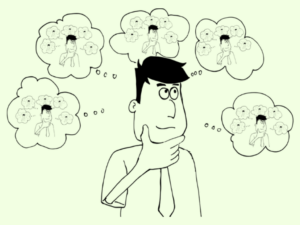

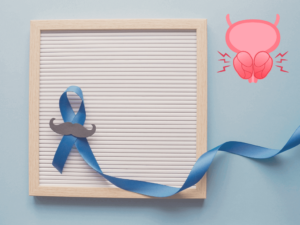
























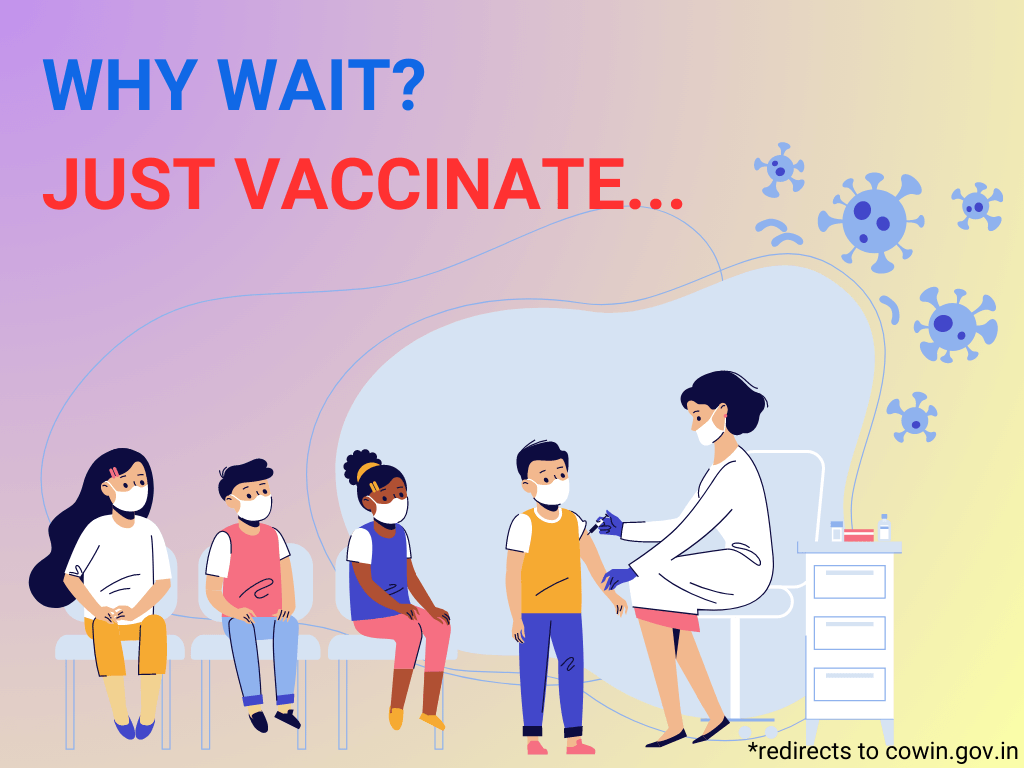

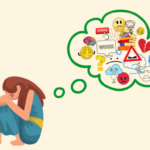


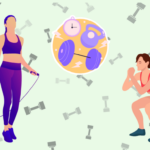
Great Article!
Nice information.
Great article. Could be a bit more informative.
Thank you for your valuable comment. For further information, you can connect with our experts @ Ask Clinqon India
Nice article ?
Good read !
Very informative. yawning
It’s really nice and informative
A good Informative article
Great useful article…!!…
It is a useful article!